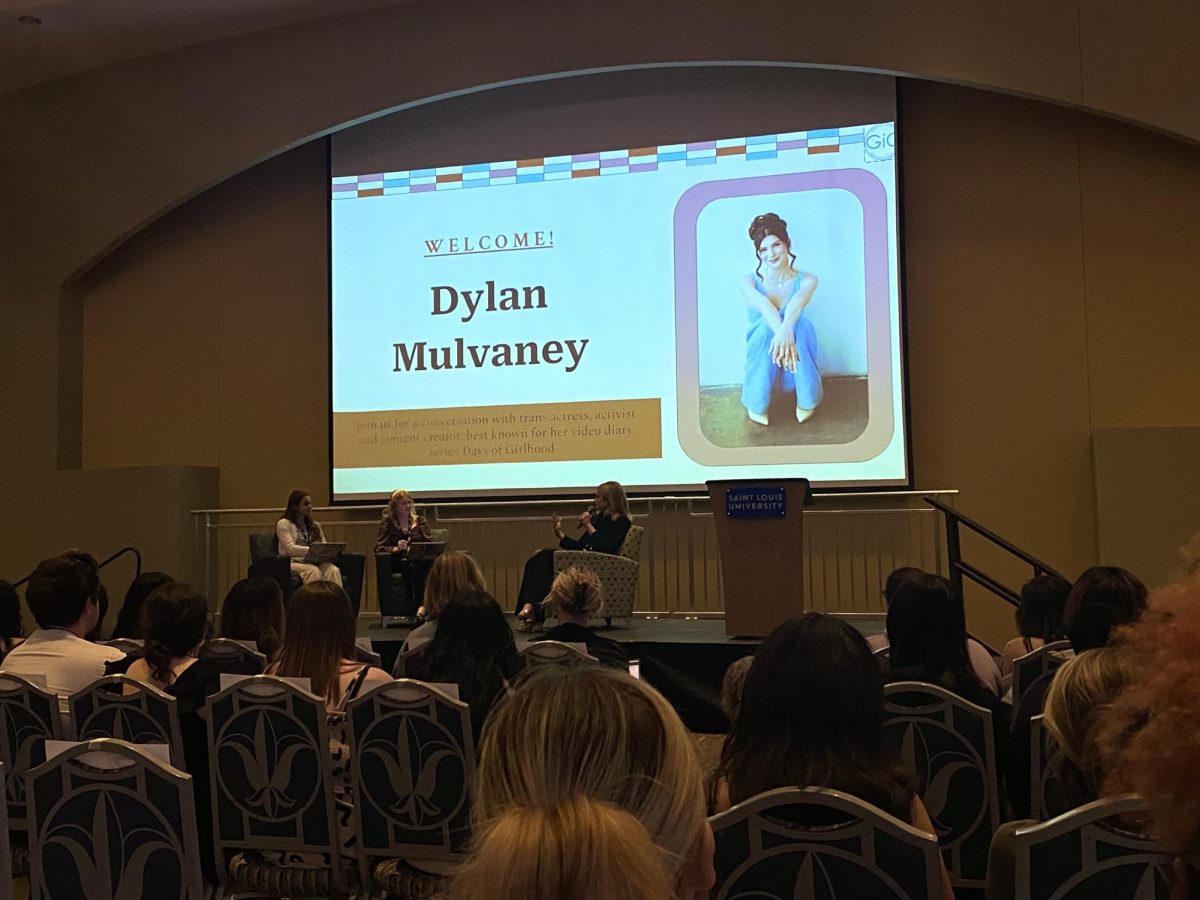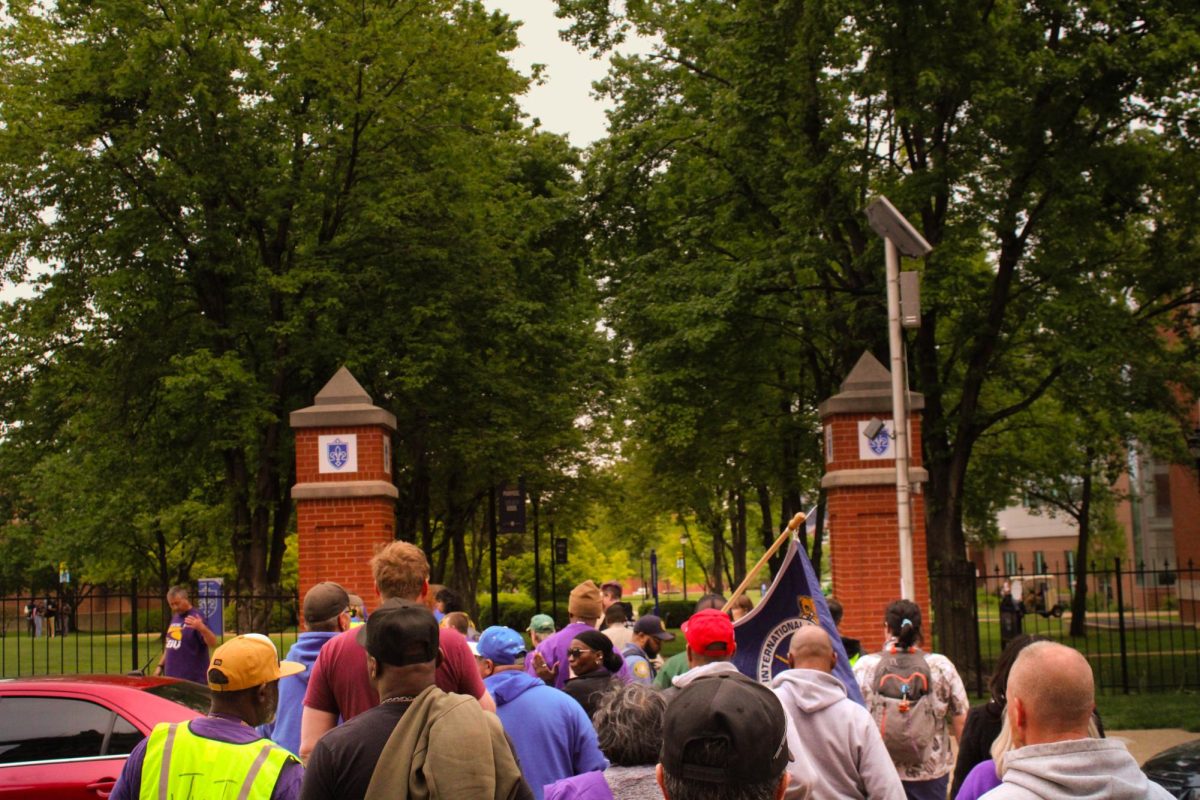“He borrowed words, but is it plagiarism?”
This was the question posed by the headline of the lede story in Sunday’s News Watch section of the St. Louis Post-Dispatch.
It is in reference to University President Lawrence Biondi’s Mass of the Holy Spirit homily, a third of which was taken, verbatim, from a similar homily given a year earlier by the president of another Jesuit university.
Reporters Tim Townsend and Kavita Kumar did a thorough job of teasing out the intricacies of this story- i n t e r v i e w i n g everyone from preachers and writing instructors to communication and homiletics experts-and, as objective journalists should, left the question unanswered.
But I have no trouble answering it myself. The answer is, “Yes, it is plagiarism.”
According to Webster’s New World Collegiate Dictionary, to “plagiarize” is “to take (ideas, writings, etc.) from (another) and pass them off as one’s own.”
The College of Arts and Sciences, to use another example, states in its “Policy on Academic Honesty” that “plagiarism involves the intentional representation of someone else’s thoughts or words as if they were one’s own”-including “quoting directly from someone else’s work – without giving proper credit to the author.”
Even though Biondi has said (in reference to taking significant chunks of his fellow president’s homily without giving credit to that priest, Stephen A Privett, S.J.), “I don’t know whether it could be plagiarism,” by any scholarly standard, it clearly is.
Privett did say that he and Biondi had an agreement that they could use each other’s homilies without accrediting them, but there is still something shabby about the heads of two academic institutions falling back on such a pact.
According to the Post, Privett said he has never used Biondi’s homilies as his own.
The only real defense Biondi has mustered is that it is an acceptable practice among homilists to share sermons without giving credit to the original author. But where many priests have verified such a convention exists, I have yet to come across one-especially at an academic institution-who admits to exercising it, at least to such an extreme.
Some of the priests the Post and The University News interviewed simply said this was a matter of style, but others called it what it really is-“fraudulent,” as the president of the Eden Theological Seminary put it, and “lousy preaching,” according to the president of the Catholic Association of Teachers of Homiletics.
Clearly, Biondi is scraping the bottom of the barrel for his latest public defense. The fact that a higher standard exists-the fact that any one priest would shy away from this practice, even if it were only as a matter of style-proves that as a university president, Biondi should set his goals a little higher.
It’s not like it’s an impossible task, either. We’re talking about sitting down with the Scripture and pondering and praying and producing somewhere around 1,000 words. Actually, it would be all right if some of those words were taken from someone else, so long as that person was given credit.
I would hope that for a Mass the University plans months in advance, though, that Biondi would be able to drum up ten minute’s worth of original ideas.
If he thought he would be too busy to complete that task, he should have never agree to be the celebrant of the Mass. That would at least have been honest, if still disappointing-seeing as preaching and teaching is an essential part of a priest’s job.
I know for a fact that students of literature at Saint Louis University, for example, are able to sit down with texts and produce short responses to them on a regular basis-muchless once a year. Many other students in other areas are able to produce similarly original work as well.
The standard exists, be it for priests or students. Why does the head of this university, this institution that “seeks excellence,” according to its mission statement, insist on taking the lowest road available?






